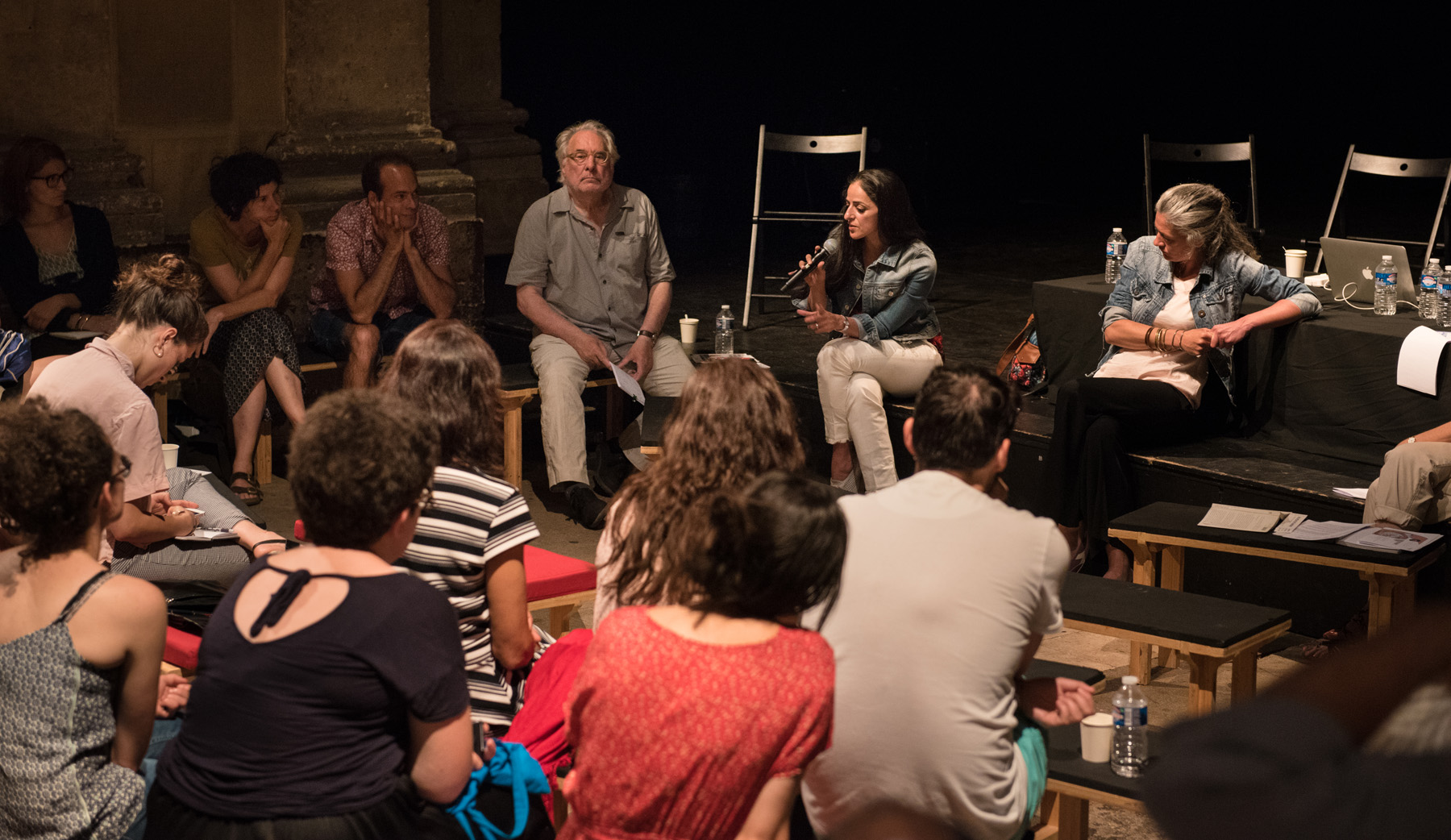He obtained his doctoral degree at the Université Paris 1 (Panthéon-Sorbonne) in 1989 and subsequently obtained the D.E.A. in Political Science at the Institut d'études politiques, Paris. Mbembe is a Research Professor of History and Politics at the Wits Institute for Social and Economic Research in Johannesburg, South Africa and a Visiting Professor in the Department of Romance Studies at the Franklin Humanities Institute, Duke University, and at Harvard University. He has also held appointments at Columbia University, Berkeley, Yale University, and the University of California.
Mbembe’s most important works are: Les jeunes et l’ordre politique en Afrique noire (1985); La naissance du maquis dans le Sud-Cameroun (1920-1960); Histoire des usages de la raison en colonie (1996); De la postcolonie. Essai sur l’imagination politique dans l’Afrique contemporaine (2000); Sortir de la grande nuit : Essai sur l'Afrique décolonisée (2003); Critique de la raison nègre (2013). Mbembe is also a contributing editor of the journal, Public Culture, where he published the influential article “Necropolitics” (2003). In this article, he argues that the concept of biopower, as Foucault understands it, becomes incapable of addressing the contemporary forms of domination, subjugation, and violence.

Achille Mbembe
Achille Mbembe (born in 1957 in Cameroon) is a philosopher, political scientist, and public intellectual. His research interests lie in the social sciences and African history and politics. More precisely, Mbembe investigates the “postcolony” that comes after decolonization. He is especially interested in the emergence of “Afro-cosmopolitan culture,” together with the artistic practices that are associated with it. However, he has also critically explored the notion of Johannesburg as a metropolitan city and the work of Frantz Fanon.
